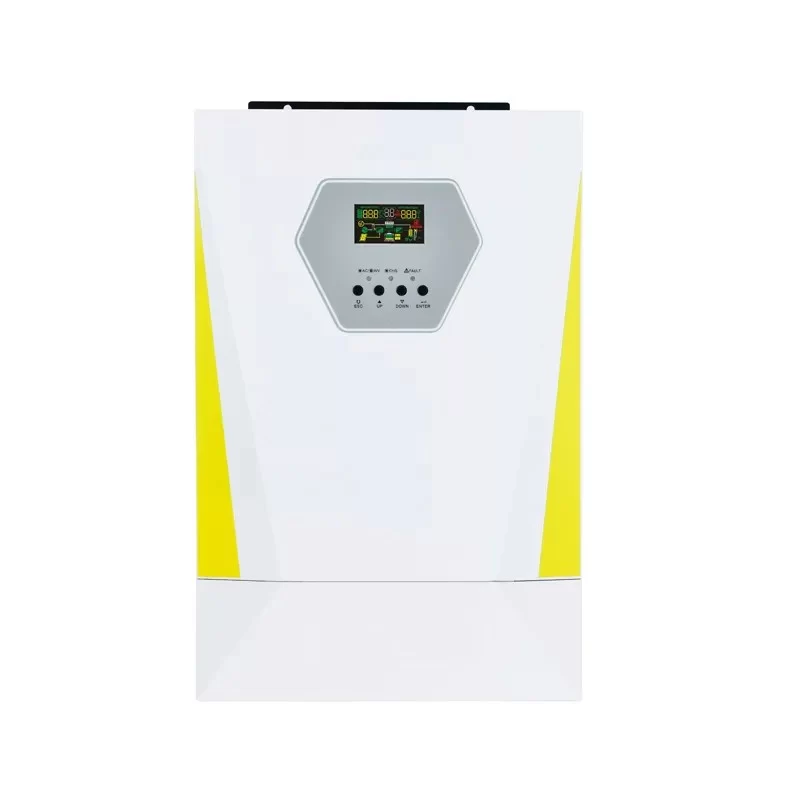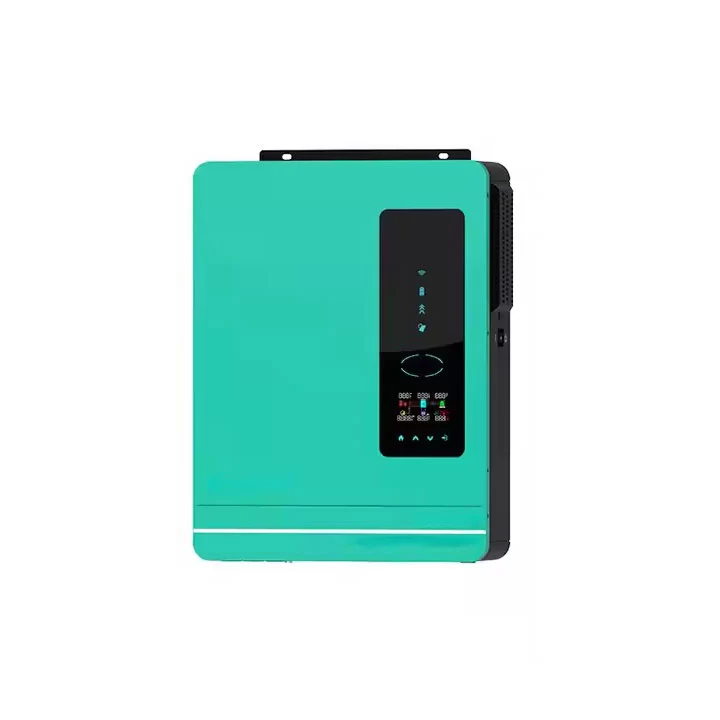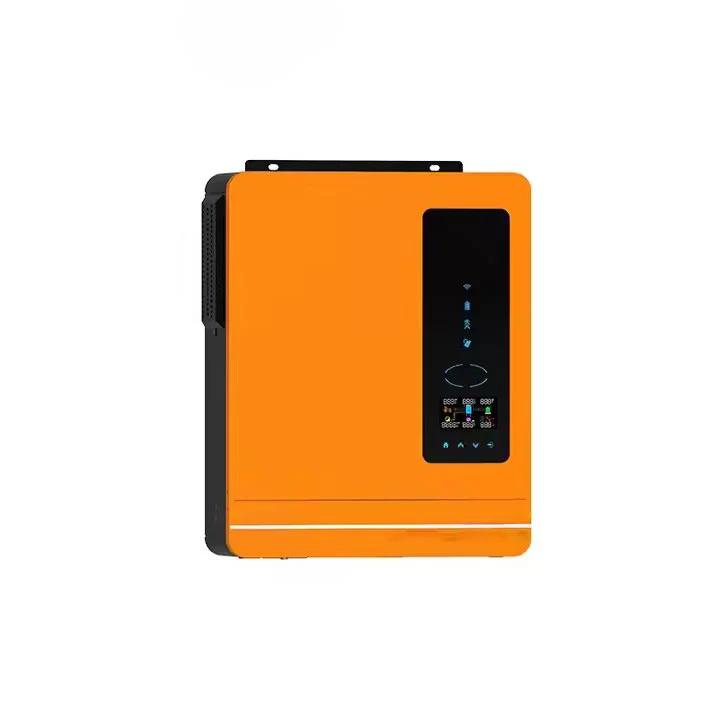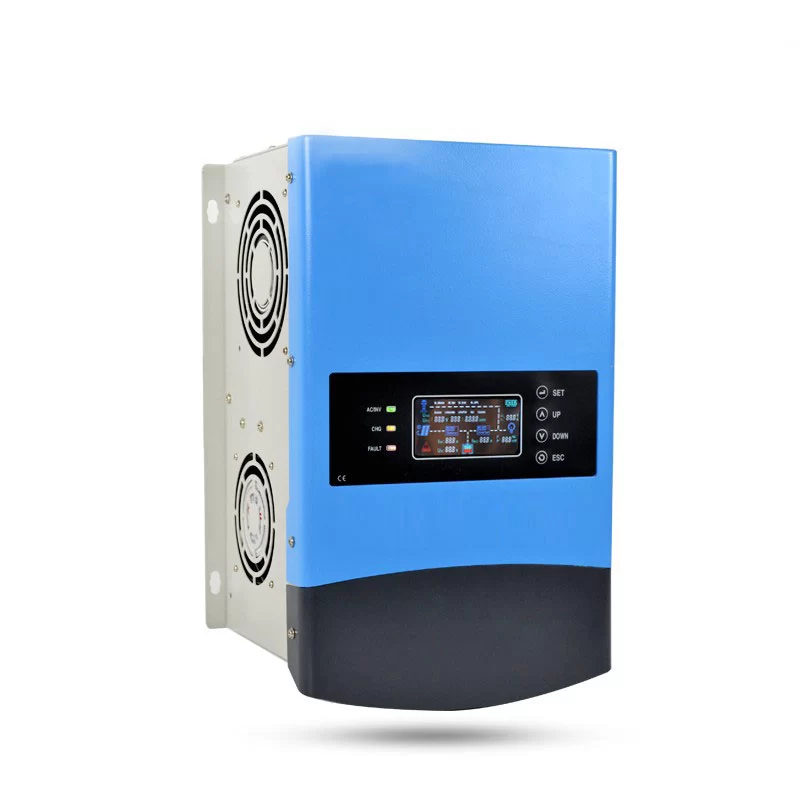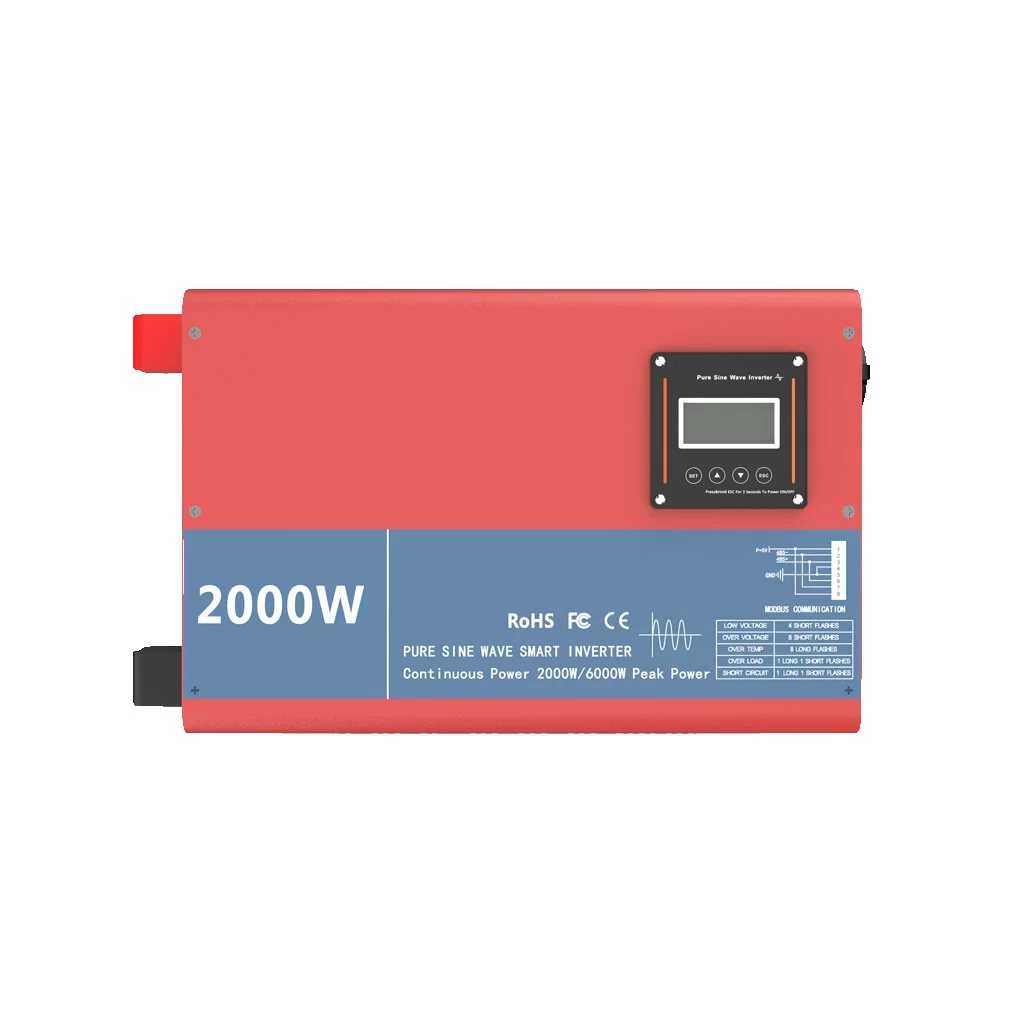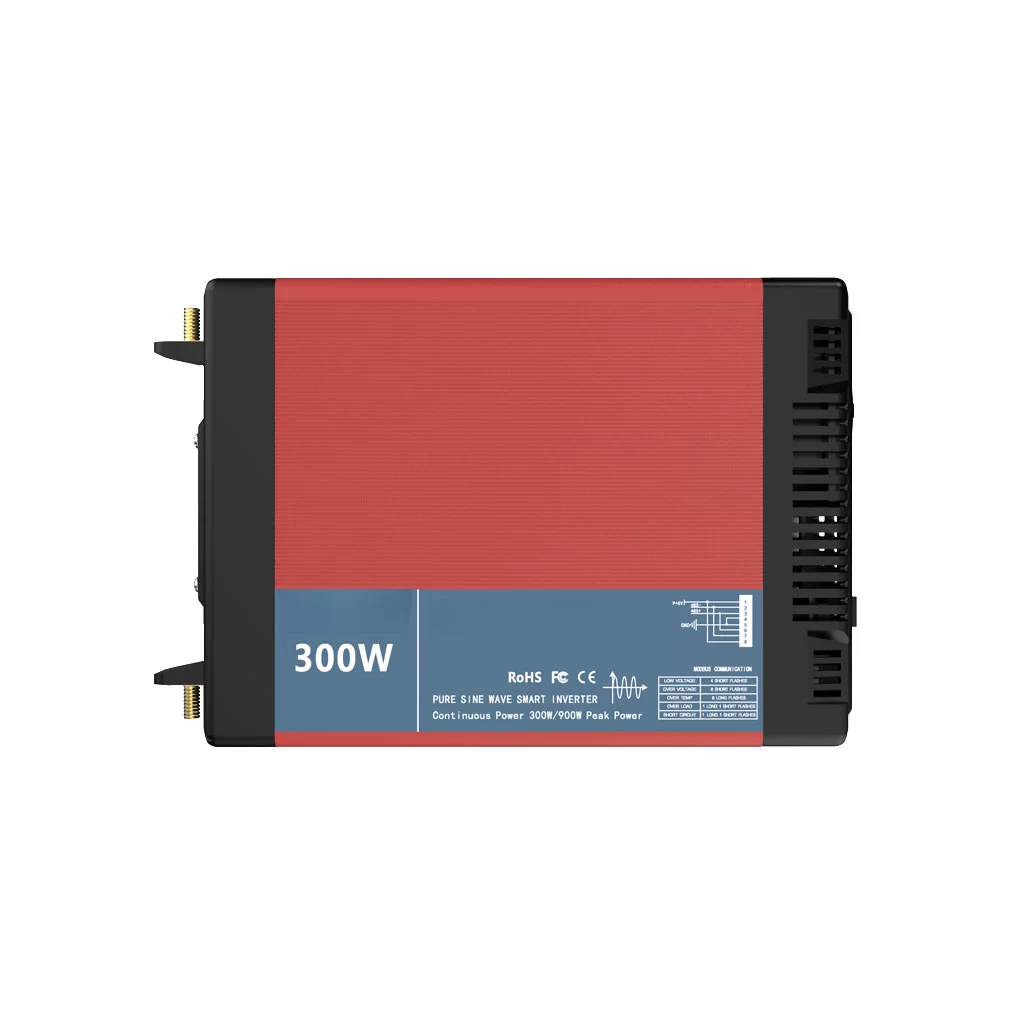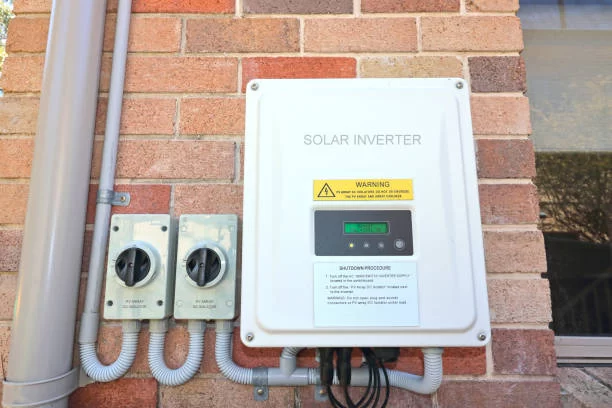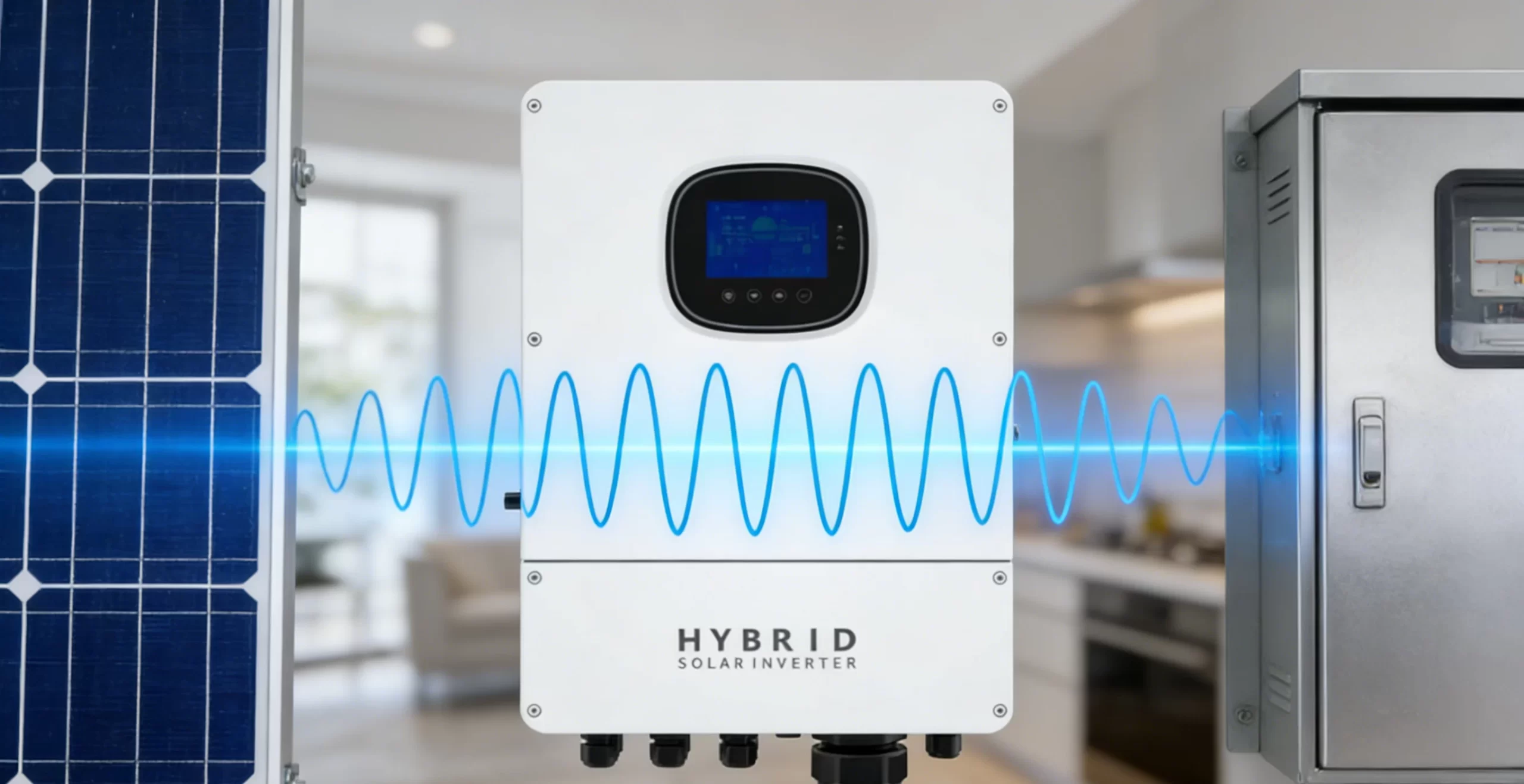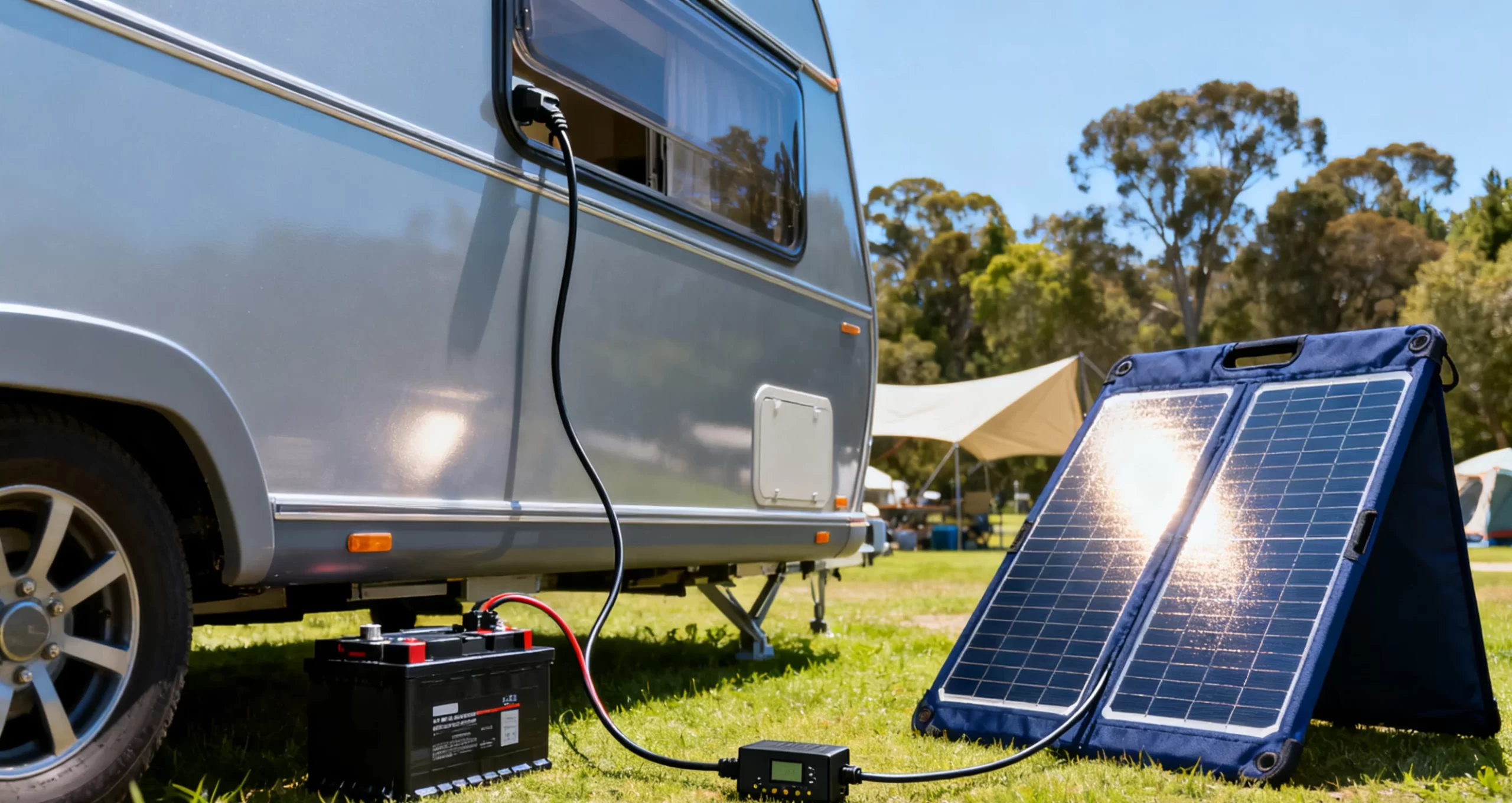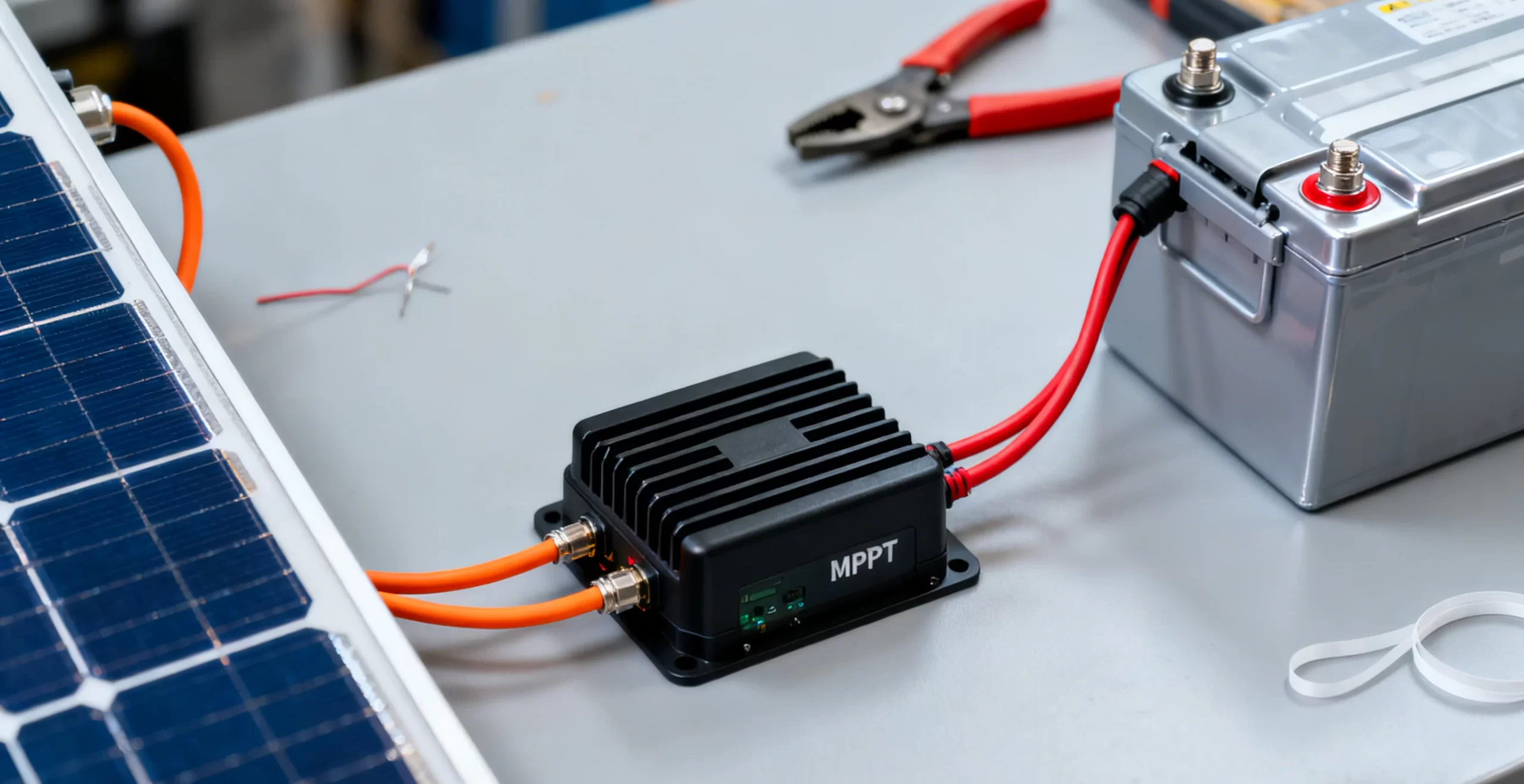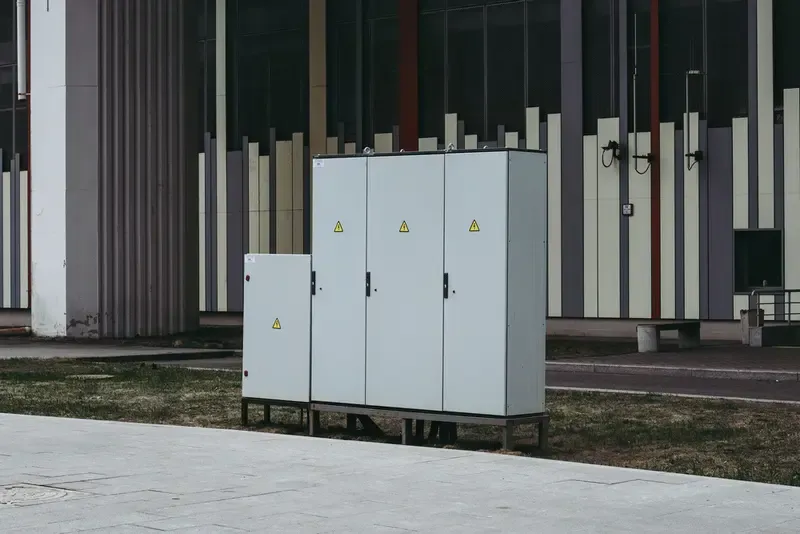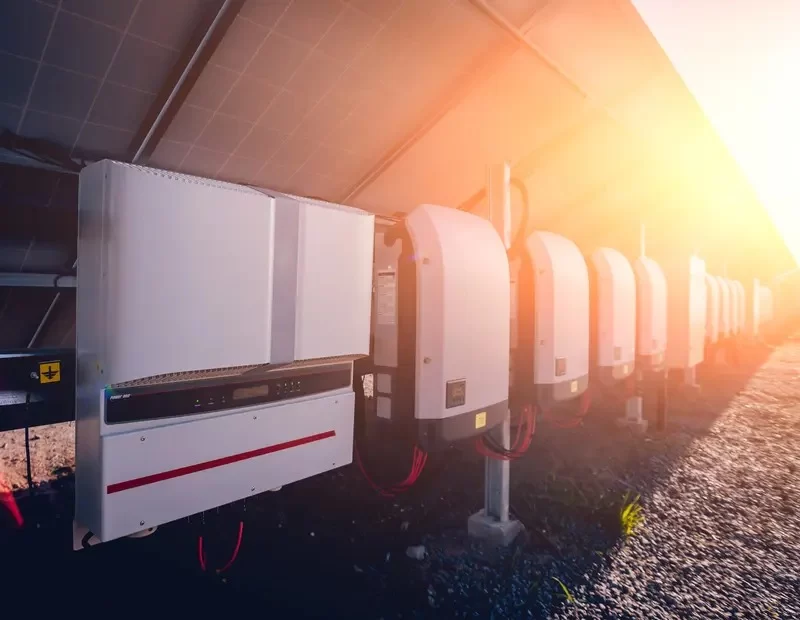- tel:+86-13651638099
- Email: [email protected]
- Official website: www.hj-net.com
- Address: 333 Fengcun Road, Fengxian District, Shanghai
Get A Quote Now!
How Long Will a Battery Last Using an Inverter?
Determining how long a battery will last when using an inverter depends on several factors including the battery’s capacity, the power consumption of the connected devices, the efficiency of the inverter, and the state of charge of the battery. Let’s break down these factors to provide a clearer understanding.
Factors Influencing Battery Duration
- Battery Capacity:The capacity of a battery is usually measured in ampere-hours (Ah) or kilowatt-hours (kWh). A higher capacity battery will provide more energy and last longer. For instance, a 100Ah battery at 12V will provide 1200 watt-hours (Wh) of energy.
- Power Consumption:The duration a battery will last depends heavily on the power consumption of the devices connected to the inverter. Power consumption is measured in watts (W). For example, if you have devices that consume a total of 300W, the battery will drain faster than if the total consumption is only 100W.
- Inverter Efficiency:Inverters are not 100% efficient; they lose some energy during the conversion from DC to AC. The efficiency of an inverter is typically around 85-95%. If an inverter has 90% efficiency, 10% of the battery’s power is lost during conversion.
- State of Charge (SOC):The initial state of charge of the battery also affects its duration. A fully charged battery will last longer than a partially charged one.
Calculation Example
To illustrate, let’s calculate the battery duration with the following hypothetical setup:
- Battery Capacity:100Ah at 12V (1200Wh)
- Power Consumption:300W
- Inverter Efficiency:90%
First, we need to adjust the battery capacity for the inverter efficiency: Effective Battery Capacity=1200Wh×0.90=1080Wh\text{Effective Battery Capacity} = 1200 \text{Wh} \times 0.90 = 1080 \text{Wh}Effective Battery Capacity=1200Wh×0.90=1080Wh
Next, we calculate the duration by dividing the effective battery capacity by the power consumption: Duration (hours)=1080Wh300W=3.6 hours\text{Duration (hours)} = \frac{1080 \text{Wh}}{300 \text{W}} = 3.6 \text{ hours}Duration (hours)=300W1080Wh=3.6 hours
Therefore, under these conditions, the battery would last approximately 3.6 hours.
Real-World Considerations
- Load Variability:In real-world scenarios, the power consumption of connected devices can vary, which will affect the duration. It’s important to consider the average power consumption rather than peak consumption.
- Battery Aging:Over time, batteries lose capacity due to aging and repeated charge-discharge cycles. A battery that initially lasted 4 hours might only last 3 hours after a few years of use.
- Depth of Discharge (DoD):To prolong battery life, it’s recommended not to discharge a battery fully. Many battery manufacturers recommend a maximum depth of discharge (DoD) of 50-80%. For example, using only 80% of a 1200Wh battery gives you 960Wh, which affects the duration calculation.
- Temperature:Battery performance can be affected by temperature. Extreme cold or heat can reduce battery efficiency and capacity.
Conclusion
The duration a battery will last when using an inverter depends on battery capacity, power consumption, inverter efficiency, and the state of charge. A typical calculation can provide an estimate, but real-world factors such as load variability, battery aging, and environmental conditions must be considered. Understanding these elements helps in optimizing your energy storage system and managing your power usage effectively.

